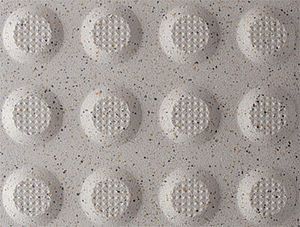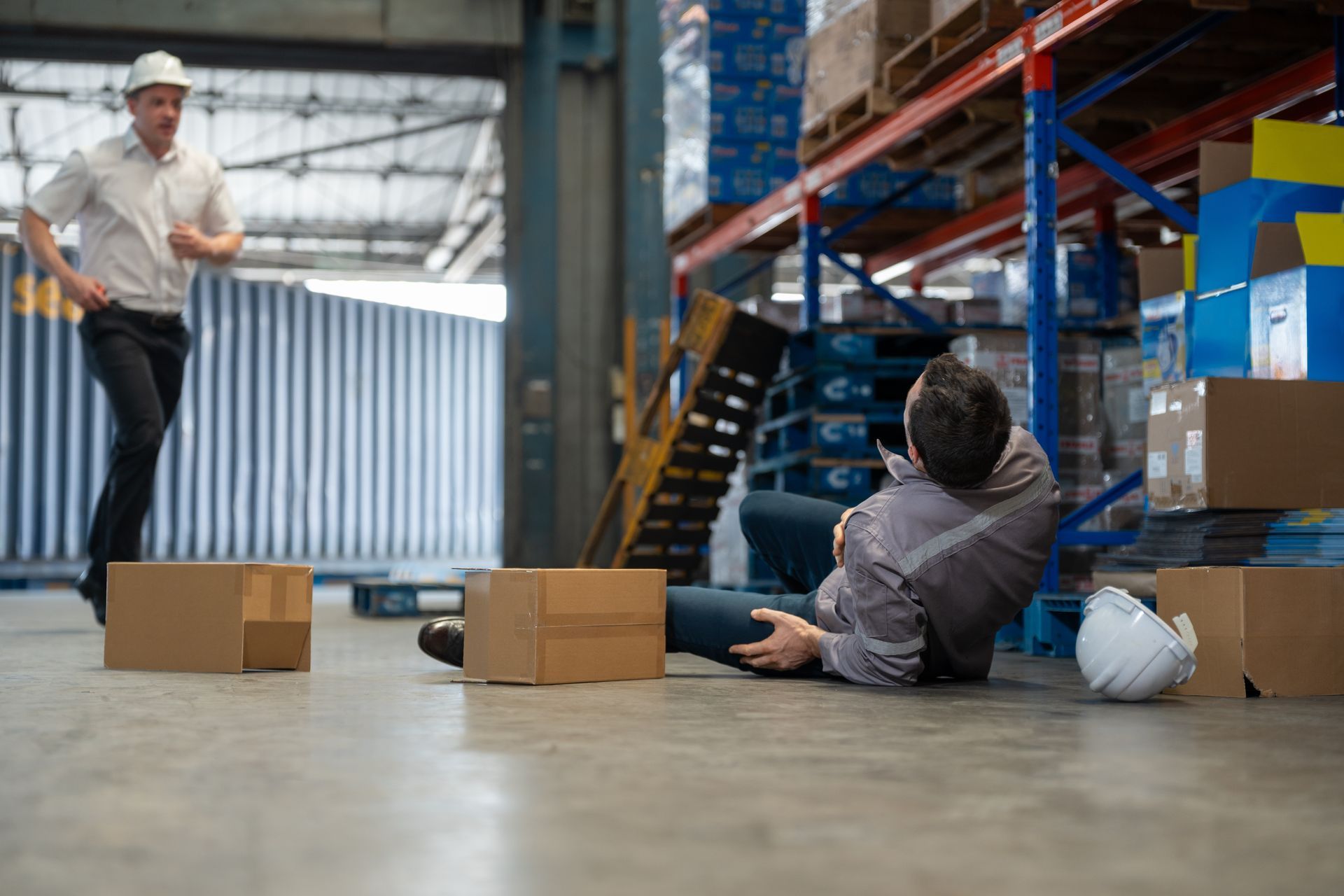How to Select Commercial Flooring for Safety and Performance
Choosing the right flooring is crucial for maintaining safe, high-performance workspaces in commercial and industrial environments. From food production facilities to automotive service centers, the demands on flooring are extensive, and mistakes can be costly. This guide outlines how to choose commercial flooring that meets rigorous safety standards while delivering long-term value.
Understanding the Demands of Commercial Environments
Commercial flooring must do more than support foot traffic. It must endure impacts, resist chemical exposure, maintain hygiene, and reduce slip risks, all without compromising its integrity.
Traffic Load: High-impact environments such as repair shops that require flooring that will not deform under heavy equipment.
Chemical Resistance: Industries such as food processing and pharmaceuticals need flooring that resists corrosive substances and harsh cleaning agents.
Moisture and Hygiene: In wet or sterile conditions, nonporous surfaces help prevent microbial growth and ensure regulatory compliance.
Slip Resistance: Safety is paramount. Slip-resistant flooring helps reduce accidents and keeps workers protected.
Understanding these factors is the first step in determining how to choose commercial flooring that supports both safety and performance.
Key Considerations When Choosing Commercial Flooring
To make an informed selection, decision-makers must evaluate flooring based on performance criteria aligned with operational needs.
Durability
Commercial spaces require flooring with high compressive strength and resistance to abrasions and impacts. Materials like engineered ceramic tile are designed to last, even under continuous strain from machinery and vehicles.
Safety
Slip-resistant surfaces reduce the likelihood of workplace accidents. Look for textures and finishes specifically engineered to maintain traction in wet, greasy, or dusty environments.
Hygiene
Hygienic flooring is essential in sectors like food processing and healthcare. Nonporous materials with minimal grout lines inhibit bacterial growth and simplify sanitation.
Maintenance
Low-maintenance flooring translates into cost savings over time. Surfaces that resist grime and withstand aggressive cleaning help maintain appearance and compliance.
Aesthetics
Even in industrial settings, aesthetics matter. Flooring color and finish can support brand identity, designate workflow zones, or simply create a more pleasant environment.
Comparison of Commercial Flooring Options
Understanding the strengths and limitations of common materials helps clarify how to choose commercial flooring that will perform reliably in demanding environments.
Resin and Epoxy Floors
Epoxy coatings are known for their seamless finish and moderate chemical resistance. However, their durability declines under thermal or mechanical stress.
- Pros: Smooth, cleanable surface; moderate chemical resistance.
- Cons: Susceptible to delamination and wear; requires frequent recoating; slip resistance diminishes over time.
Vinyl Composition Tile (VCT) and LVT
Vinyl flooring is low-cost and easy to install, but lacks the strength and chemical resistance needed for industrial settings.
- Pros: Affordable; variety of design options.
- Cons: Soft, prone to damage from heavy traffic; requires regular waxing; not suitable for wet or high-temperature zones.
Concrete
Concrete is strong and durable but poses challenges for slip resistance and hygiene.
- Pros: High load tolerance; cost-effective for large areas.
- Cons: Slippery when wet; porous and prone to staining; requires sealing or coating for hygiene.
Engineered Ceramic Tile
Engineered ceramic tile, such as Argelith’s fully vitrified products, delivers superior performance across all metrics.
- Pros: Extreme durability; low water absorption; high slip resistance; chemical and thermal shock resistance. While the product and installation may involve a higher initial cost, this is offset by the tile’s long lifespan and minimal maintenance needs.
- Cons: Requires experienced and professional installation.
For facilities that demand uncompromising performance, engineered ceramic tile is the premier choice in commercial flooring.
Tailoring Tile Solutions to Industry Needs
Different industries have specific performance requirements. Argelith tailors ceramic tile solutions to meet these unique challenges with precision-engineered options.
Automotive Workshops
Automotive facilities require flooring that can support vehicle weight, resist oil and chemical spills, and withstand impacts.
- Features: High compressive strength; textured, slip-resistant surfaces; oil and solvent resistance.
- Benefits: Safer, more durable workspaces that endure constant mechanical stress.
Food and Beverage Plants
These environments demand hygienic, chemical-resistant surfaces that perform under thermal shock and heavy cleaning.
- Features: Nonporous tiles; epoxy grout; slip resistance.
- Benefits: Compliance with health standards and enhanced worker safety.
Retail and Grocery Stores
Retail spaces need attractive, easy-to-maintain flooring that handles foot traffic and wet conditions.
- Features: Color versatility; low maintenance; reliable traction.
- Benefits: Clean, professional look that holds up under daily wear and enhances shopper safety.
For facilities that demand uncompromising performance, engineered ceramic tile is the premier choice in commercial flooring.
Installation and Maintenance Best Practices
Proper installation and maintenance are essential for long-term commercial flooring performance.
Working with qualified installers ensures optimal results and maximizes the value of the investment.
Installation
Methods: Thinset or vibration installation for fully vitrified tiles based on application.
Grout: Epoxy grout is recommended in chemically intense or hygienic environments.
Joints: Narrow grout joints (1/16" to 1/8") reduce water pooling and edge chipping.
Maintenance
- Post-Installation: Proper cleaning techniques should be employed to remove grout haze and achieve a clean, finished surface without compromising tile integrity.
- Ongoing Care: Auto-scrubbers with appropriate pads maintain cleanliness. Aggressive pads can be used in areas with heavy grime.
Why Argelith Tiles is the Optimal Choice
When safety and performance are non-negotiable, Argelith stands as a proven partner in engineered tile solutions.
- German Engineering Excellence: Every tile is crafted for precision, durability, and technical performance.
- Tailored Solutions: Options for every industry and application, from stair nosings to slip-resistant walkways.
- Trusted by Global Brands: Argelith tiles are installed in some of the most demanding facilities worldwide.
- Fast Delivery: U.S.-based warehousing helps reduce lead times and supports efficient project timelines.
- Sustainable Value: Long product life and low maintenance contribute to lower environmental impact and operational cost.
Request a consultation for tailored, high-performance commercial flooring solutions, or explore Argelith’s engineered tile options to discover how your facility can achieve safety, longevity, and visual excellence.



